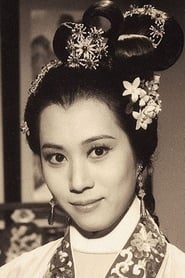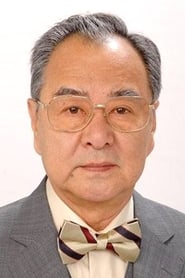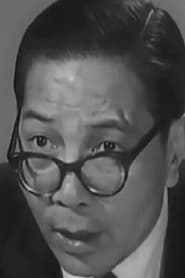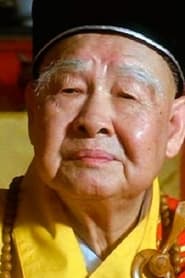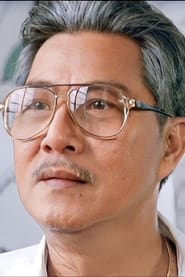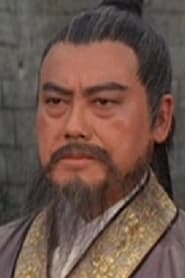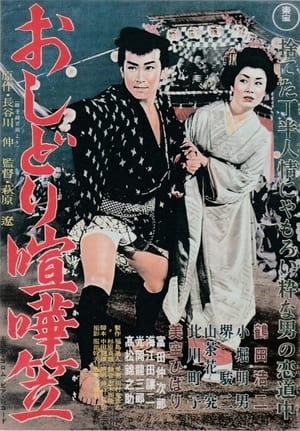
The Girl in the Bus(1965)
Bus Money dons various disguises on public buses to protect the defenceless from the bullies and receives heroic praise. Money meets Tai Ngau, a righteous journalist, when they bear witness to the callous response of Manager Mo to the death of his servant Ah-kwai. Tai writes to redress grievances of the deceased. When visiting the family of orphans, he chances on his kindred spirit giving the eldest daughter Ah-yin a gift of gold. Money exploits the weakness of Mo and her connection with his son Sze-fu to swindle a fortune out of the lewd man for the benefits of the fatherless children. Her rage grows learning that Mo's friend Fong Hak-sang has pulled off a lucrative fraud on returned overseas Chinese and forces Ah-yin to pledge herself in paying off her father's debts. Money, who has all kinds of tricks up her sleeve, teams up with Tai and gives Mo and Fong their comeuppance before setting off on her next mission.
Movie: The Girl in the Bus
Top 10 Billed Cast

巴士銀巧破豪門計
HomePage
Overview
Bus Money dons various disguises on public buses to protect the defenceless from the bullies and receives heroic praise. Money meets Tai Ngau, a righteous journalist, when they bear witness to the callous response of Manager Mo to the death of his servant Ah-kwai. Tai writes to redress grievances of the deceased. When visiting the family of orphans, he chances on his kindred spirit giving the eldest daughter Ah-yin a gift of gold. Money exploits the weakness of Mo and her connection with his son Sze-fu to swindle a fortune out of the lewd man for the benefits of the fatherless children. Her rage grows learning that Mo's friend Fong Hak-sang has pulled off a lucrative fraud on returned overseas Chinese and forces Ah-yin to pledge herself in paying off her father's debts. Money, who has all kinds of tricks up her sleeve, teams up with Tai and gives Mo and Fong their comeuppance before setting off on her next mission.
Release Date
1965-09-29
Average
0
Rating:
0.0 startsTagline
Genres
Languages:
广州话 / 廣州話Keywords
Similar Movies
The Tormented Beauty(cn)
Guerrilla member Ting Siu-yuen works as a playwright and Lee, the leader of an opera troupe. They conceal their identities in the troupe in order to gather military intelligence. Yuen gradually falls in love with the lead actress Mui Law-heung. Ting is unsettled to learn that County Chief Fong covets Mui. He sneaks into Fong's residence and is astounded by the sight of his old lover Pak Kuen, now Fong's wife. Fong colludes with the military chief in conducting vicious schemes. With Kuen's help, Yuen is able to get the intelligence. But as Heung is not an insider, she reports to the Governor about the illicit relationship between Yuen and Kuen. Kuen backs Yuen to eliminate the conspirators and bring about the union of Yuen and Heung.
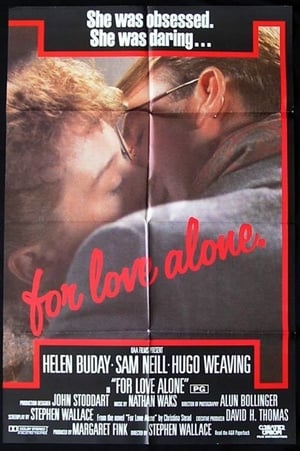 3.4
3.4For Love Alone(en)
Teresa is a spirited young girl chafing under the oppressive attitudes of 1930s society, and her father in particular. She fancies her poverty-stricken Latin tutor Johnathan Crow, without realising he merely considers her a pleasant diversion and nothing more, and eventually follows him from Sydney to London. En route she meets the gentle banker James Quick. Whilst navigating her relationships in London, including with a political poet bound for the Spanish Civil War, she experiences a transformation in her understanding of love. Based upon Christina Stead's best-selling Australian novel.
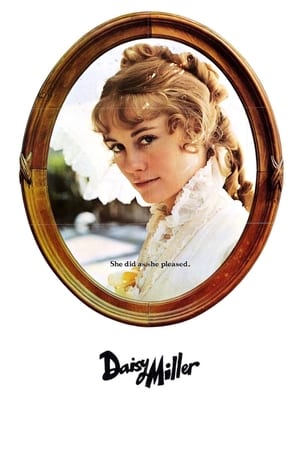 6.0
6.0Daisy Miller(en)
Despite mixed emotions, Frederick Winterbourne tries to figure out the bright and bubbly Daisy Miller, only to be helped and hindered by false judgments from their fellow friends.
 0.0
0.0Autumn(cn)
Hak-ming heads the Ko Family, but he and his brothers, Hak-ting and Hak-on, and the second wife of the late Master Ko quarrel. Young Cousin Mui, who has tuberculosis, is forced by to marry an older woman. Kok-sun is guilty of being unable to stop the marriage. Sun and maid Chui-wan are wary of their feelings for each other due to class difference. Cousin Mui dies of illness. Hak-ting has his eyes on Wan. His wife, Wong, complains to their daughter, Shuk-ching, who cannot take it and commits suicide. Wong blames herself for her death. Undergone these tragedies, Cousin Kam's mother let Kam have a modern wedding with Kok-man. When Ming is ill, Ting and On want to sell the ancestral home. Hak-ming dies of angst. When the fifth uncle of Sun forces Wan to be his concubine, Wan tries to kill herself but is intercepted by Sun. Pressurised by people of the house over the issue of inheritance, Sun protests by declaring his love for Wan and leaves the family, with his mother, brother Man and Wan.
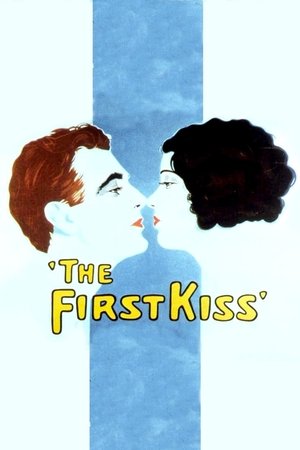 0.0
0.0The First Kiss(en)
The Talbots, formerly one of the Eastern Shore's first families, have gone to seed: Pap is a drunk, soddenly decaying in his ruined ancestral home, and three of his sons (William, Carol, and Ezra) are lazy, shiftless young men. Mulligan, Pap's second son who supports the entire family by oyster fishing, falls in love with wealthy Anna Lee, but when he first kisses her, she calls him "white trash."
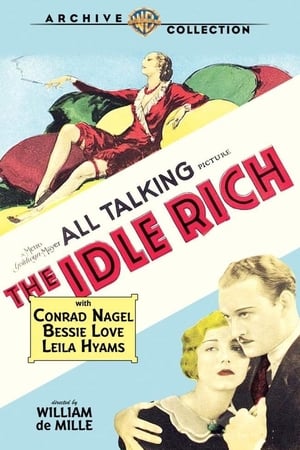 5.7
5.7The Idle Rich(en)
Millionaire William van Luyn falls in love with his secretary Joan Thayer and marries her. Her family, part of "the great middle class" (as blowhard nephew Henry keeps reminding us), is happy for Joan, but reluctant to take charity from Will. He moves in with them, and they keep resisting, until one day he takes drastic action.
Jons und Erdme(de)
Adaptation of Hermann Sudermann's novel about the troubled relationship between the strong willed Erdme and her irascible husband Jons in the Lithunian moors.
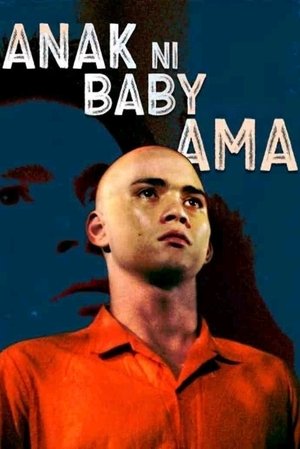 0.0
0.0Anak ni Baby Ama(tl)
A boy grows up not knowing his real identity. One day a mysterious lady, claiming to be his real mother, divulges the truth about his roots. He is caught between leaving his past and living his new life.
The Inspector General(zh)
Nikolai Gogol's The Inspector General is a satire play well-known around the world. In the period between the end of World War II and the 1960s, the play was adapted in Hong Kong cinema a total of six times. Director Huang Yu alone adapted it twice, as a Republic era story and a period comedy, respectively. The 1955 Republic era-set film is more faithful to its source material, following a spoiled rich brat who is mistaken as a government inspector in a small town and ends up being wined and dined by a corrupted local official. The film pokes fun at the ugliness of bureaucracy in old society, calling back to renowned Qing Dynasty novel Officialdom Unmasked while keeping the original play's artistic style.
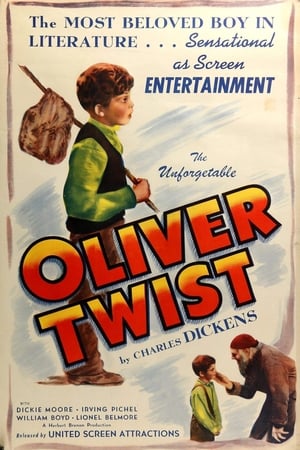 4.8
4.8Oliver Twist(en)
An orphan boy in 1830s London is abused in a workhouse, then falls into the clutches of a gang of thieves.
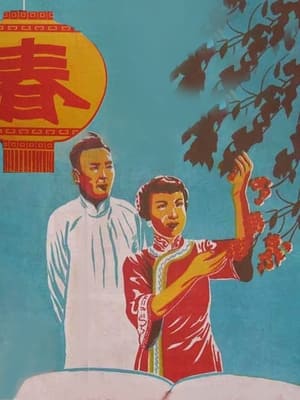 0.0
0.0Spring(cn)
Ko Suk-ying is saddened over her arranged marriage as manipulated by her father Hak-ming. Ko Kok-sun's Cousin Chow Wai's spends the Mid-Autumn Festival before her marriage with the Kos. She has been in love with Sun. Sun finds out about her love for him when she is about to be married off, he is too weak to oppose to Wai's betrothal to another man. Sun's son, Hoi-sun, falls ill. Fearing the displeasure of his elders, Sun dares not consult a western doctor. Meanwhile, another dispute arises among members of the family over the ancestral land. When accused of being incompetent in his management, Sun takes the blame silently. Wai dies of grief while Hoi-sun becomes a victim of mistreatment. Sun is devastated at this double blow. Hak-ming instructs Sun to arrange for Ying's wedding. Knowing the kind of man Ying's fiancee is, Sun is reluctant. Not wanting to follow in Wai's footsteps, Ying fights for her own rights, and backed by an enlightened Sun, she leaves for a new start.
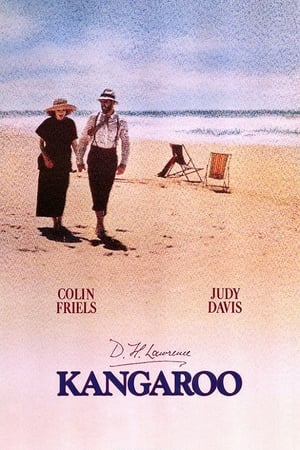 6.0
6.0Kangaroo(en)
A mild-mannered English conscientious objector moves to what he feels will be the relative calm of Australia after World War I, but gets caught in the middle of violent battles between the rising trade unions and fascist groups.
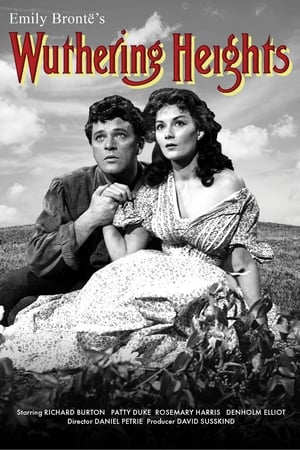 0.0
0.0Wuthering Heights(en)
Mistreated foundling Heathcliff and his stepsister Catherine fall in love, but when she marries a wealthy man, he becomes obsessed with getting revenge, even well into the next generation. [Originally aired on CBS's DuPont Show of the Month.]
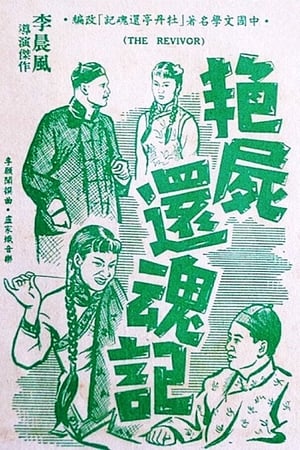 0.0
0.0Beauty Raised from the Dead(cn)
Lau Mung-mui chances on To Lai-leung and their encounter transcends to a rendezvous in their dreams. They admire each other, but they do not know each other's names and addresses. They keep on thinking of each other and decide to take each other as their future husband and wife. Mui's father wants his son to get married, but he pays no attention to his father's wishes. Mui leaves home to look for Leung. Leung's father forces his daughter to marry her rich and powerful cousin. Leung becomes despondent and dies, following an arranged marriage with her cousin. Mui sought everywhere for Leung for three years, but to no avail. He locates the home of Leung, but the household has moved out. The house is guarded by an old servant. Mui, chasing Leung's spirit, has a brief romance with her. Acknowledging that their union will be hindered by their incompatibility as a mortal and a spirit, Leung reincarnates as a mortal so that their love may be rekindled.
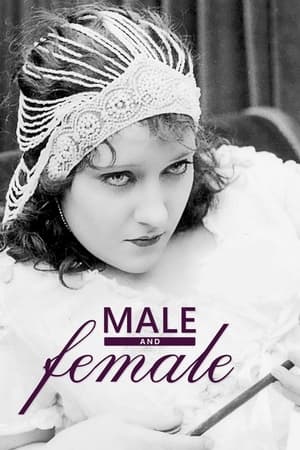 6.3
6.3Male and Female(en)
When an aristocratic family and their servants are shipwrecked, the butler becomes their ruler.
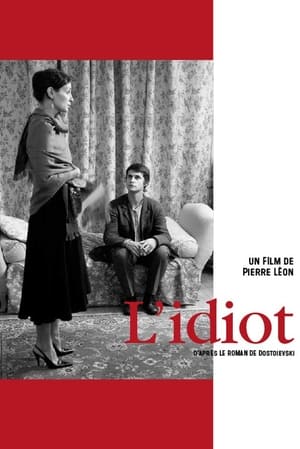 6.5
6.5The Idiot(fr)
Nastassia Philippovna finds herself juggling the affections of four men over the course of a single evening. One is her benefactor, the bourgeois Totsky. Another is the opportunistic Ganya, whom Totsky has promised 75,000 rubles if he will marry Nastassia. Rogozhin offers Nastassia 100,000 rubles for her hand. And the “idiot,” Prince Myshkin, loves Nastassia madly and vows to “save” her.
Torrents of Spring(cn)
Sojourning in Macau, Su Erning by chance helps Pan Meiniang resuscitate his younger brother and fends off the thug. In her admiration, Pan calls off the engagement arranged by her mother to exchange vows with Su despite having known him for only three days. To raise the money for the wedding, Su plans to sell his family yacht to the rich wife of his classmate Lu Zuhua in Hong Kong and promises to buy Pan a pearl necklace. The promiscuous Mrs Lu seduces Su on the yacht and then dumps him. 18 years later, Pan's daughter is getting married. Su prepares a wedding gift—a stolen pearl necklace—for the bride but is too ashamed to show himself.
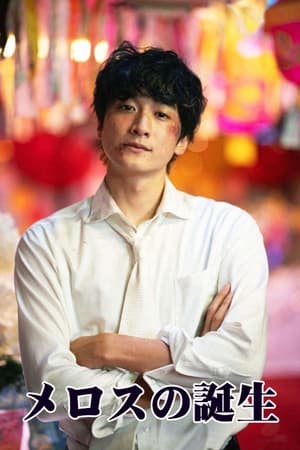 0.0
0.0Birth of Melos(ja)
A new bold interpretation of the plot of the literary masterpiece "Running Melos", transferred to our days! A high-tension literary comedy from the popular actor Yuta Koseki and director Ryutaro Nakagawa!
 6.8
6.8Stella Dallas(en)
After divorcing a society man, a small-town woman tries to build a better life for their daughter.
